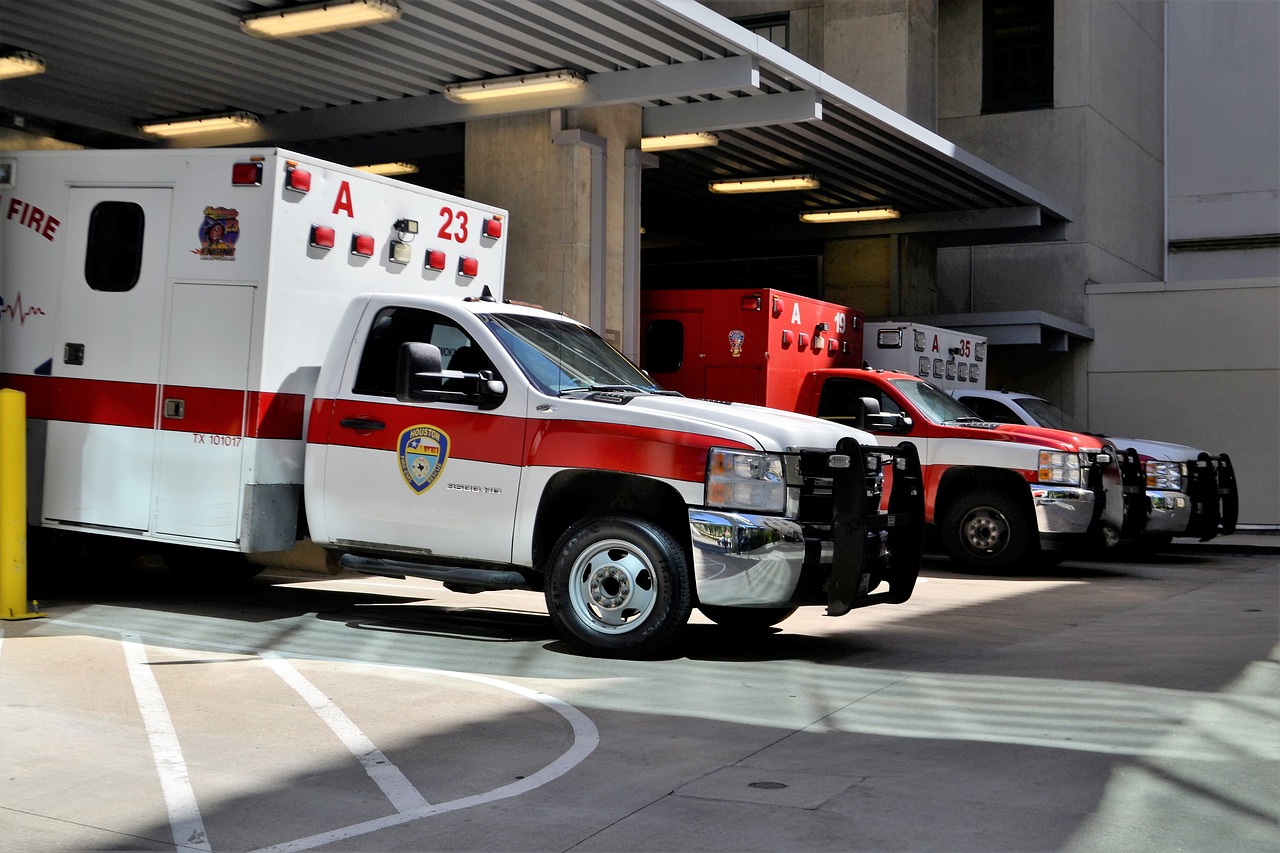When someone is experiencing a medical emergency, the actions taken in the first few minutes are critical. The medical first response includes assessing the situation, calling for help, and providing immediate care until further medical assistance arrives.
If someone needs help, immediately call 911. Follow their instructions while waiting for help to arrive. Meanwhile, try to stay calm and provide basic first aid, such as applying pressure to a bleeding wound or providing CPR if necessary. It’s important to remember not to move the person if they have a serious injury unless they are in immediate danger.
It’s important to have a basic understanding of how to provide medical first response for different emergencies. For example, if someone is having a heart attack, administering aspirin can help reduce the severity of the attack. If someone is having a seizure, it’s important to protect them from injury by moving objects out of their way and cushioning their head with something soft.
In some cases, medical first response can be as simple as monitoring someone’s symptoms until help arrives. For example, if someone has low blood sugar, giving them a sugary drink can help stabilize their condition.
Knowing how to react in an emergency can make a critical difference in the lives of people around you. Be prepared by taking basic first aid and CPR courses, and always stay calm and focused in a crisis situation.

